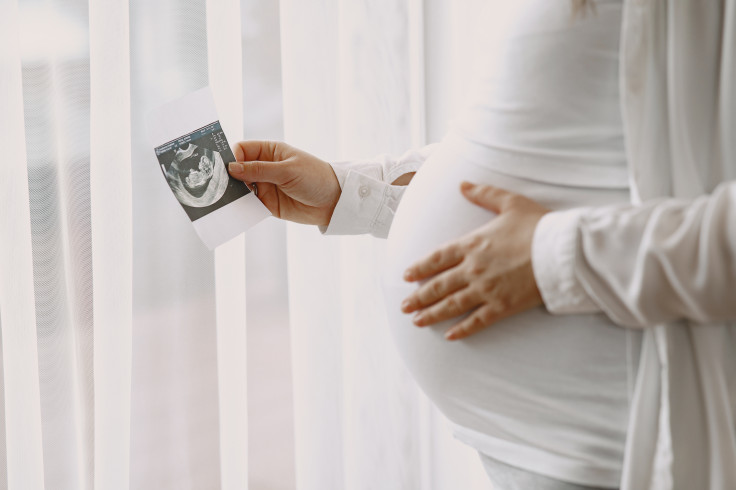Woman Gives Birth To Stranger's Baby After Accidental IVF Mix-Up

In a strange case of an accidental embryo mix-up, a woman in Australia gave birth to another couple's baby after an IVF clinic mistakenly transferred a different patient's embryo.
The shocking mix-up, which occurred at Monash IVF in Brisbane, Queensland, was only uncovered months later in February 2025 when the birth parents sought to transfer their remaining frozen embryos to another provider. The clinic has since admitted the error, attributing it to "human error."
"Instead of finding the expected number of embryos, an additional embryo remained in storage for the birth parents," a spokesperson of Monash IVF told ABC News. "[An] investigation confirmed that an embryo from a different patient had previously been incorrectly thawed and transferred to the birth parents, which resulted in the birth of a child."
Within a week of discovering the error, the clinic began contacting affected patients individually and extending emotional and practical support during the aftermath.
Monash IVF's chief executive, Michael Knaap apologized for the error, calling it a deeply distressing event for everyone involved. "All of us at Monash IVF are devastated and we apologize to everyone involved. We have undertaken additional audits and we're confident that this is an isolated incident," Knaap said.
Knaap emphasized that the clinic has since conducted additional audits and is confident the mix-up was an "isolated incident", reassuring patients of the safety and integrity of their processes moving forward.
Last year, Monash IVF agreed to pay a $56m settlement for more than 700 former patients after the facility wrongfully destroyed several healthy embryos in a flawed genetic test. The case found that about 35% of the embryos, that were viable, were found to be abnormal by the faulty screening.
In vitro fertilization, or IVF, is a complex assisted reproductive technology that involves retrieving eggs from a woman's ovaries and fertilizing them with sperm in a laboratory setting. Once the fertilized eggs develop into embryos, one or more are transferred into the woman's uterus in hopes of achieving a successful pregnancy. However, success rates depend on several factors such as age, underlying fertility issues, and embryo quality.
More than 300,000 IVF cycles are performed each year in the U.S., according to the Centers for Disease Control and Prevention (CDC) estimates. Each cycle can cost anywhere from $15,000 to $20,000 or more, and it often takes multiple attempts to achieve a live birth.



























